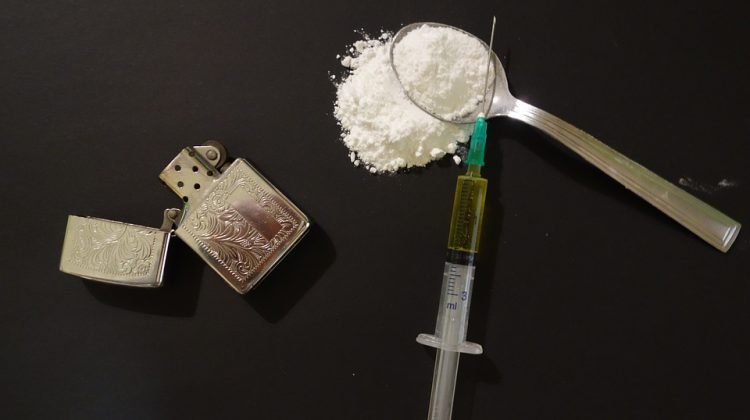B.C.’s Minister of Mental Health and Addictions says we have to do everything we can to turn the tide on the overdose crisis.
As we mark International Overdose Awareness Day, Judy Darcy says the unintended consequences of COVID-19 measures have been particularly hard on drug users.
Darcy added that isolation and loneliness, financial strain and mental-health challenges had contributed to unprecedented levels of stress and pain.
Since January, 909 people have died from an illegal drug supply that’s more toxic than it’s ever been in British Columbia.
This includes 175 fatal overdoses in July, marking the third consecutive month in which there were more than 170 suspected overdose deaths in this province.
Darcy issued a statement today.
“We are coming together around the world to raise awareness of overdoses, help reduce the stigma around substance use and recommit to doing everything we can to turn the tide on this terrible crisis,” she said.
“It is a day to remember loved ones who have been lost to this crisis and show our support for their families and friends as they continue to grieve. Each and every person who died was the light of someone’s life, and their absence leaves a profound void.”
To commemorate International Overdose Awareness Day, purple lights will glow at BC Place in Vancouver in memory of those we have lost, Darcy said: “Other parts of B.C. will recognize the day with lighted walkways and buildings, memorial gardens, virtual candlelight vigils, awareness campaigns, social media promotions and the annual Moms Stop the Harm purple ribbon campaign.”
Darcy said that prior to COVID-19, the number of overdose deaths was coming down in B.C. for the first time since 2012.
“Our combined, evidence-based efforts were making a difference. More than 6,000 deaths were averted according to the BC Centre for Disease Control. That can and must happen again.”
She recognized those who have become trained to administer naloxone, those who have stepped in to help when they have seen someone in crisis and “those who give their hearts and souls every single day to protect people from harms and overdose and to help them heal.”
“Family members, peer-support workers, harm-reduction workers, addiction and recovery workers, front-line community workers, ambulance paramedics, police and firefighters have carried the enormous weight of this crisis for more than five years,” Darcy said.
“They have saved countless lives and walked alongside many people on their paths to healing and recovery. It is in their honour, and in tribute to the lives that have been lost, that we continue to work overtime to add supports and services to reduce overdoses, save lives and support more people on the pathway to healing that is right for them.”




